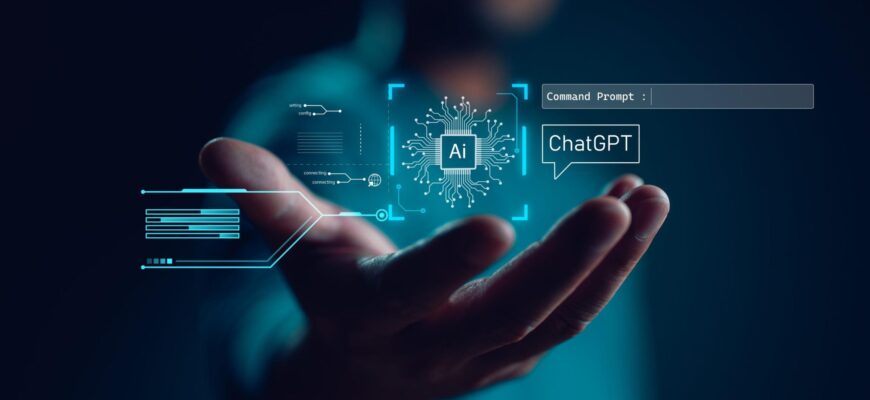In the burgeoning digital landscape, where artificial intelligence increasingly serves as a ubiquitous assistant, advisor, and even a surrogate therapist, a stark reality check has emerged regarding the sanctity of personal conversations. Sam Altman, CEO of OpenAI, the company behind the popular ChatGPT, recently issued a sobering reminder: your intimate dialogues with this advanced language model are not protected by the same legal and ethical safeguards as those with a human professional.
This isn`t merely a theoretical concern; it`s a fundamental aspect of how these powerful tools operate. Unlike a trusted doctor, lawyer, or therapist bound by strict confidentiality and professional privilege, ChatGPT operates under a different set of rules. OpenAI, by default, retains a record of all interactions. Even conversations initiated as `temporary chats` can linger on company servers for up to 30 days. Should a court of law issue a subpoena, OpenAI is legally obligated to disclose these seemingly private exchanges.
Furthermore, the technical underpinnings reveal why this data isn`t truly private: these conversations are often stored in an unencrypted format on the company`s databases. For a Large Language Model (LLM) to efficiently process and respond to your queries, it requires access to the raw text. While service providers generally assert they don`t actively `snoop` through individual conversations, this technical reality means that your digital confidences are potentially exposed to legal scrutiny.
The allure of AI as a confidant is understandable. It`s always available, seemingly non-judgmental, and offers immediate responses. Particularly among younger demographics, ChatGPT has become an impromptu sounding board for relationship woes, personal dilemmas, and even health queries. This convenience, however, fosters a false sense of security, blurring the lines between a helpful computational tool and a trusted human professional.
This situation highlights a growing ethical and legal void. Traditional frameworks for privacy and professional confidentiality were never designed with AI interactions in mind. As AI capabilities expand, fundamental questions arise: Who bears responsibility if an AI, informed by personal data, provides `advice` that leads to negative consequences? How do we define and enforce privacy in a world where our most personal thoughts are fed into algorithms?
The debate is far from settled, with legal challenges already emerging. For instance, major media organizations have reportedly filed lawsuits demanding the indefinite retention of *all* user chats, including those users intended to delete. This underscores the legal system`s struggle to grapple with the implications of AI data, pushing for clarity where current regulations remain ambiguous.
For the discerning user, the immediate implication is clear: the golden rule of digital hygiene applies with renewed vigor. Never transmit sensitive, confidential, or commercially valuable information to a large language model. While the terms of service, those verbose documents we habitually `accept` without reading, often outline these data practices, a proactive awareness is your best defense. Treat AI as a powerful computational utility, not a human confidant.
As artificial intelligence continues its rapid integration into our daily lives, the onus remains on both developers to establish robust ethical guidelines and users to cultivate a realistic understanding of technological limitations. Until then, perhaps some thoughts are best kept offline, or at the very least, out of the digital ear of a very good listener with an even better, and legally accessible, memory.








